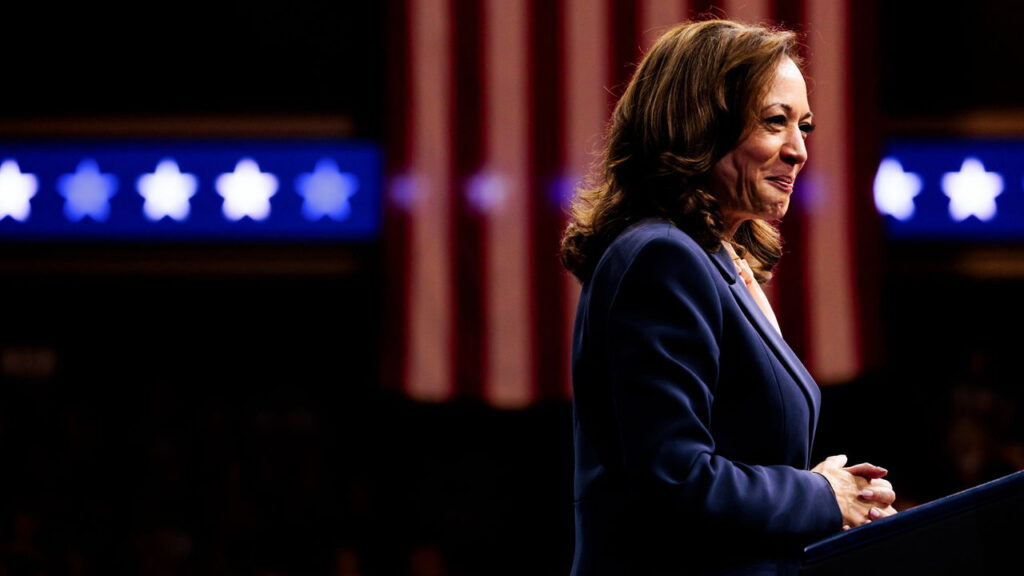Kamala Harris’s economic strategy is primarily focused on addressing the concerns of many Americans regarding the cost of living. This has become a key issue as the country approaches the upcoming election in November. Harris, who previously served as vice-president during a period of soaring inflation, is well aware of the challenges faced by American families. Rather than shying away from this difficult situation, she is taking a proactive approach to tackle it head-on.
The central theme of Harris’s economic agenda is to lower costs for American families. This message is expected to be reiterated in her upcoming speech at the Democratic National Convention on August 22nd. By prioritizing the needs of working families and acknowledging the economic struggles they face, Harris is demonstrating her commitment to addressing the real concerns of the American people.
In recent polls, the cost of living has emerged as a top priority for many voters. With inflation reaching a four-decade high, the financial burden on American families has become increasingly challenging. Harris’s acknowledgment of this issue and her focus on finding solutions to reduce costs reflect a deep understanding of the economic challenges facing the country.
Harris’s economic strategy is not just about rhetoric; it is also backed by concrete policy proposals aimed at easing the financial pressures on working families. By advocating for measures such as affordable childcare, healthcare, and housing, Harris is seeking to provide tangible relief to those struggling to make ends meet. These targeted initiatives are designed to alleviate the burden on middle and lower-income families and improve their overall financial well-being.
In her speech at the Democratic National Convention, Harris is expected to outline specific plans to address the rising cost of living. By emphasizing the importance of reducing expenses for American families, she is positioning herself as a champion for working-class Americans. Through her economic agenda, Harris is working to build a more inclusive and equitable economy that benefits all segments of society.
Harris’s proactive approach to economic policy stands in contrast to the prevailing political rhetoric that often overlooks the day-to-day challenges faced by ordinary Americans. By focusing on concrete measures to lower costs and improve economic security, Harris is demonstrating a commitment to addressing the real needs of the American people. This emphasis on practical solutions and tangible outcomes sets her economic strategy apart from other political leaders and underscores her dedication to making a meaningful impact on the lives of working families.
In conclusion, Kamala Harris’s economic strategy is a clear reflection of her commitment to addressing the financial concerns of American families. By prioritizing policies that lower costs and provide relief to working-class Americans, Harris is demonstrating her understanding of the economic challenges facing the country. Through concrete proposals and a focus on tangible outcomes, Harris is positioning herself as a champion for working families and a leader who is dedicated to building a more inclusive and equitable economy for all.



